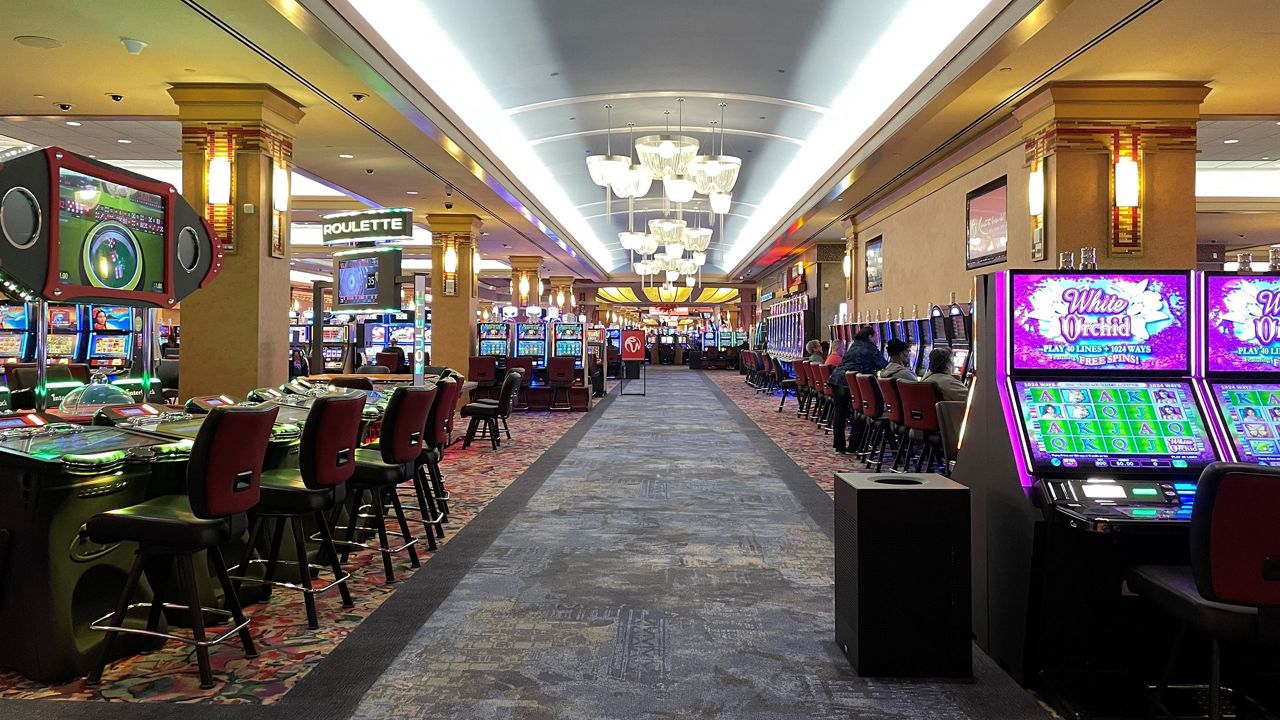In the world of gambling, in which chance and strategy intersect, a unique tapestry of beliefs manifests—one that braids luck, fate, and the enigmatic nature of casino games. Casinos, bustling with excitement and anticipation, are not just venues for placing bets; they are also arenas where superstitions thrive. From the novice player to the seasoned gambler, these mysterious practices often shape how individuals approach the games they play, believing that their actions can affect the outcome in ways that go beyond mere probability.
As players gather around roulette wheels, blackjack tables, and slot machines, the atmosphere is thick with stories of lucky charms, rituals, and codified behavior that defy logic yet provide a sense of comfort. Whether it’s wearing a specific outfit, following a particular sequence of bets, or even avoiding certain numbers, the attachment to various superstitions reflects a deep-rooted desire to master the uncontrollable. This article delves into the captivating world of casino game superstitions, investigating the beliefs that simultaneously entertain and mystify those who dare to play.
Historical Beginnings of Superstitions
Gambling activities have long been entwined with an variety of superstitions that go back to ancient cultures. The origins of these notions can be linked to humanity’s innate wish to manage the unpredictable outcomes connected with chance and randomness. In early civilizations, activities of chance were often linked to religious practices. Gamblers would invoke aid or seek favor from spirits, believing that their actions could affect the outcomes in their advantage. This basis laid the foundation for the multitude of superstitions that spread as casino games evolved over ages.
During the medieval period, betting became a common activity across the continent, and with it, a colorful tapestry of superstitions appeared. Players adopted various rituals and charms, believing they could affect the results of games. The value of numbers, in particular, emerged to appear in superstitions pertaining to card games and dice. The number seven was often considered auspicious, while different numbers carried unfortunate connotations. These notions mirrored the cultural contexts of the time, changing as they moved through generations and adapted to emerging gaming environments.
As gaming establishments developed in the 1600s, particularly in Italy and France, the atmosphere surrounding gambling became saturated in mystique. The growing availability of casino games allowed for the spread and variation of superstitions among players. Concepts like fortunate charms, designated seating arrangements, and rituals gained prevalence, creating a unique culture within betting houses. As these practices continued to thrive, they became fundamental to the essence of gambling activities, illustrating how historical developments and society shape the belief systems that influence how players engage with luck.
Widespread Casino Superstitions
Beliefs surrounding gambling activities are plentiful and varied, mirroring the dreams and fears of gamblers as they engage in random games. One of the most prevalent beliefs is that specific numbers bring luck or misfortune. 789WIN For example, the number seven is often seen as a favorable number, frequently sought after by players looking for a favorable outcome. Conversely, the number thirteen is routinely considered unlucky, leading many gamblers to avoid it during their gambling periods.
A frequent belief relates to practices that players believe can influence their chances. It could be blowing gently on dice before a throw, using a specific hand to place a bet, or even wearing specific items of attire, many individuals feel that these actions can sway fate in their benefit. These rituals offer a feeling of control in an otherwise random environment, reinforcing the idea that luck can be created through personal convictions and habits.
Finally, the environment and vibe of the casino itself contributes to myths. Many gamblers suggest that the presence of specific icons, such as four-leaved clovers or fortunate coins, can enhance their chances of winning. Additionally, gamblers might hold to the belief that winning streaks can be interrupted by mundane occurrences, such as someone passing by or a spill at the gaming surface. The collective atmosphere in a gambling house can amplify these superstitions, creating a communal culture of superstitions that goes beyond single experiences.
Impact of Superstitions on Players
Superstitions play a important role in the mindset of casino players, often affecting their actions and decision-making. Numerous gamblers believe that fortune can be manipulated through different rituals, such as donning a talisman, choosing particular hues, or steering clear of particular digits. This dependence on superstitions can create a feeling of authority in an environment that is intrinsically unpredictable. Players often feel more confident and engaged when they believe that their actions could sway the outcome of a game in their advantage.
The influence of these superstitions extends past singular players, affecting the general atmosphere within the casino. For example, a player who believes in the luck of a certain slot machine might attract a crowd, as onlookers are fascinated by their apparent success. This collective belief can amplify excitement and create a lively environment, leading to an captivating experience even for those who may not necessarily be superstitious. The excitement around specific games can lead to increased participation and longer playing sessions, supporting the casino’s vibrant social scene.
In some cases, superstitions can lead to harmful effects for players. Relying too heavily on rituals can result in bad gambling decisions, as some may ignore basic strategies in favor of baseless beliefs. Additionally, the stress to perform rituals may increase anxiety and tension, detracting from the enjoyment of the experience. Ultimately, while superstitions can enhance the excitement of playing casino games, they can also lead to unwise choices that overshadow the enjoyment and entertainment intended in the casino experience.

